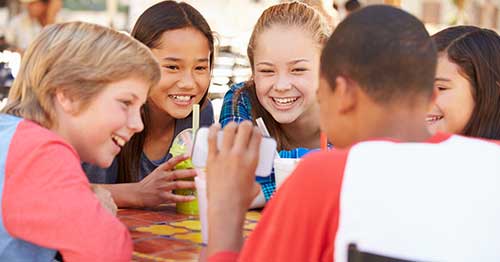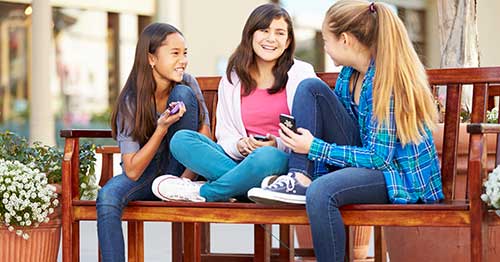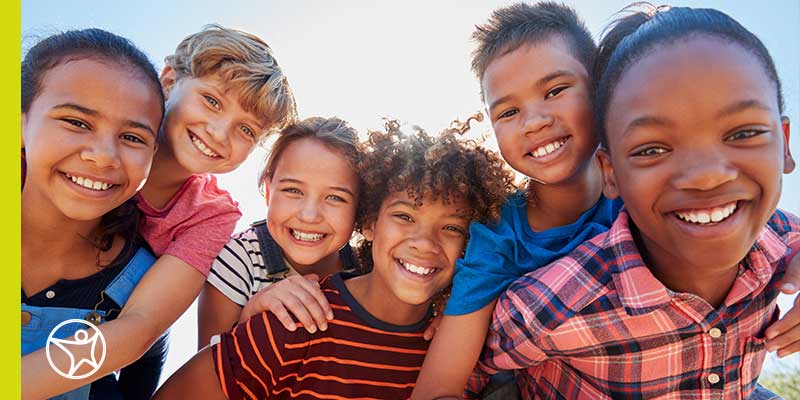Setting Healthy Screen Time Limits for Students Learning Online
by Julie Hersum
byAllison Brubaker
4 min to readBuilding “people skills,” or interpersonal skills, can be a challenge for students and families—particularly for kids who are naturally shy and learning from home. The good news is that kids of all ages can learn how to improve people skills.
Just like with learning subjects like math or reading, building interpersonal skills in early childhood education can set children up for success in life. And there are many benefits of developing interpersonal skills for students, including making friends, talking about shared interests with peers, and building self-confidence.
Mark Greenberg, PhD, founding director of the Edna Bennett Pierce Prevention Research Center and Emeritus Professor at Penn State University, says: “Building emotional awareness, self-control and relationship skills are master skills. When we nurture them, children do better in all areas of their daily lives, including school.”
From their early years through high school, your student will interact with teachers, peers, family members, coaches, and more—and having good people skills will help them navigate the world around them.
A few examples of people skills are:
There are many benefits of interpersonal skills for kids, such as helping to improve introspection, self-awareness, self-confidence, and emotional intelligence.
Whether your student is learning in a traditional brick-and-mortar school or distance learning at home, they can benefit from building people skills. These skills provide students with additional benefits such as:

For kids learning from home, there are plenty of fun activities that will help them build their interpersonal skills.
Here are a few examples of activities for building people skills:

Just like how team-building activities in the workplace can help coworkers get to know one another, there are also ways to develop interpersonal relationships among students.
While kids should learn how to build skills with people so they can communicate with teachers, friends, employers, etc., people skills also help kids make friends, build friendships, and have enriching social connections.
Here are a few ways for kids in elementary through high school to develop interpersonal relationships among students and in their community:
Even if your student is shy, a club is a great start toward building people skills. Consider having your child choose a club or extracurricular activity to participate in after school. This activity will give them a space to interact with peers who share their interests. It’s also a great opportunity to spark friendships as they engage in a subject or activity of interest, such as an art club or academic club.
Whether it’s with the whole family or a solo venture for your student, volunteering is a great low-pressure way to build people skills. Start by creating a list of volunteer opportunities in your local area and share it with your student. In addition to building their people skills, they can gain satisfaction from helping a cause they care about.
A great way to build people skills—and have fun—is to try a community activity. To start, make a list of the subjects and types of activities your child is interested in. Do they like to stay active with sports? Perhaps look for an intramural sports team or running club. Do they like to be creative and crafty? There may be an art workshop or short course that spans a few weeks. Community spaces like the YMCA hold events and activities outside of school hours that can help your student build their interpersonal skills.
Good people skills help kids find success in school, business, college, and their future career. Visit our Resource Hub to learn more about online school socialization and how to get started building those skills.
